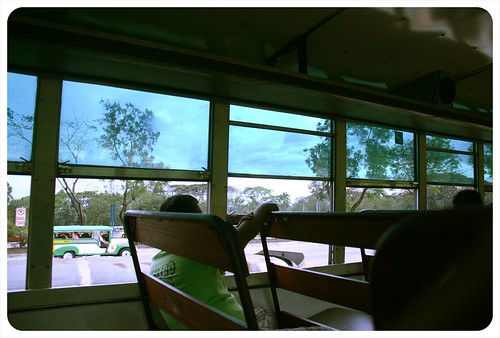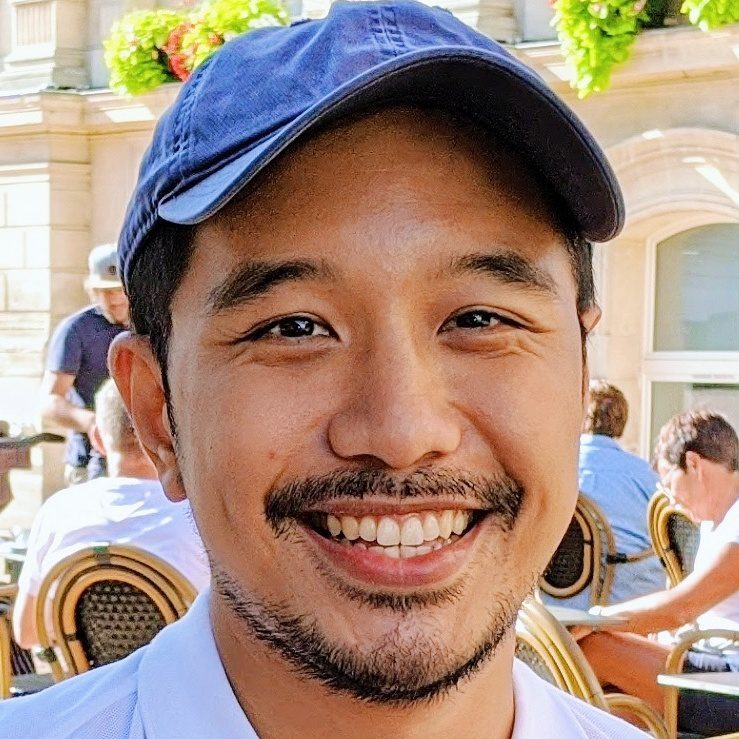I have just hurdled the infamous “bar exams,” the licensure examinations for aspiring lawyers in the Philippines.
Besides actually passing the exams, successfully concluding the eight (8) examinations scheduled over the four (4) Sundays of November is a significant milestone for all law school graduates, having gone through four or five years of law school, in itself a struggle and a feat. It is the culminating point of the journey taken by many young and aspiring lawyers. As with any culminating point or climax, it is treated with much significance by those who share the same epic narrative and by those who share our aspirations.
This conclusion is of great relief for me, in particular, I would dare say, because it did not take me four or five years—it took me seven years of arduous study which I began back in 2008, as an idealistic 20 year-old fresh graduate from film school. Wide-eyed but terribly unacquainted with the intensive study necessary, I got myself dismissed from the University of the Philippines (UP Law) after a year and a half for failing two basic subjects. I took a break for a little more than half a year, and began another parallel journey in the University of Santo Tomas (UST Law), where it took me many more failures and five more years before I finally made it to graduation day.
After watching Pope Francis’ speech in his encounter with the youth, I am even more amazed and inspired with his words and ideas. I hope the message is not trivialized or watered down because the message is actually a very strong criticism and challenge for many of us young students.
He did not speak simply of the love we are so used to. He was speaking of the love of Christ, through others, especially the poor. That is why he extolled that we have to “learn how to love and be loved”! Because we don’t! He even said it is the “most important subject we have to learn in a university” which is a strong criticism of how our universities are run. We are not being taught how to love others with true compassion. The focus has always been on becoming employable professionals for a ‘globalised’ future. We have lost our sense of community and compassion with society!
When he told us that we have to learn to cry, certainly hindi niya tayo sinasabihang maging iyakin. It is not an affirmation of young people’s propensity to cry when they are heartbroken. NO! It was his way of emphasizing his message of compassion, of feeling and suffering with the poor and the abused. We do not weep with the oppressed and the abused because we do not feel their suffering. That is what the Pope meant when we have to learn how to weep!

I’ve been taking the ‘ordinary’ bus to school the past three weeks. ‘Ordinary’ buses are what people in Metro Manila call buses that don’t have airconditioning. They have the cheapest fares, and they are most usually the fastest among public utility vehicles (PUV’s).
Yesterday, the bus I was riding to school got ticketed for overspeeding along Commonwealth Avenue, a road known as, aside from being the country’s widest avenue, the killer highway–(it has been declared a ‘traffic discipline’ zone since the beginning of the year precisely because of this). The bus got held up by MMDA traffic enforcers for around fifteen minutes before it got ‘released’. Then it resumed speeding through Quezon Avenue!
Another reason why ordinary buses seem to be the fastest among PUV’s is that they don’t pick up passengers as often as jeepneys nor do they stop as long as jeepneys, FX taxis or air-conditioned buses when picking up passengers. That means when you hail an ordinary bus you have to jog a little in the same direction as the bus in order to grab the railings before hopping in. Sometimes they stop for passengers while in the middle of the road so you have to do some crisscrossing with other vehicles as well.
When all seats are occupied, you have to grab the overhead railings instead and stand on the aisle for the rest of the trip, or until a seat frees up. It feels like hanging on monkey bars at the playground as you sway side to side, back and forward as the bus speeds through the highway.
Since they’re the cheapest, especially on longer routes, ordinary buses are highly patronized by students, construction workers and other minimum (and below-minimum) wage earners.
I appreciate ordinary buses. Whether on provincial trips (I rode ‘ordinary’ buses to Sagada, Zambales, Infanta, Iloilo, Albay), or here in the Metro Manila, I seem to have grown a fascination over them. It doesn’t feel ordinary at all.
For the most part of the university’s existence as a higher institution of learning, policies were crafted and imposed by the Board of Regents (BOR), the highest policy-making body in the university, without the students’ participation.
For the longest time, the BOR had no student representative–the university’s largest constituency long subjected to policies they didn’t see coming. Through sustained and collective efforts of the students, however, which began during the First Quarter Storm, heightened and intensified further during the dark years of Martial Law and beyond, the Office of the Student Regent (OSR) was established.
The OSR serves as the student-run institution where the Student Regent, the sole voting member of the BOR, who comes form the university’s largest sector, is seated. Instituted in 1986, it has served to uphold the interests of the students, voting and arguing on their behalf from issues ranging from appointments of deans to increases in laboratory fees and tuition.
The enactment of RA 9500 or the new UP Charter, however, endangers this institution, under the smokescreen of democratization, by actually subjecting a decade-old Student Regent selection process crafted by duly-elected student council representatives across the UP System and subjected to debates and amendments every year, to a terribly difficult challenge–a challenge that the administration cunningly knows, given the trend of student election turnouts, has the tendency to fail. UP, after all, has more than 55,000 students system-wide.
